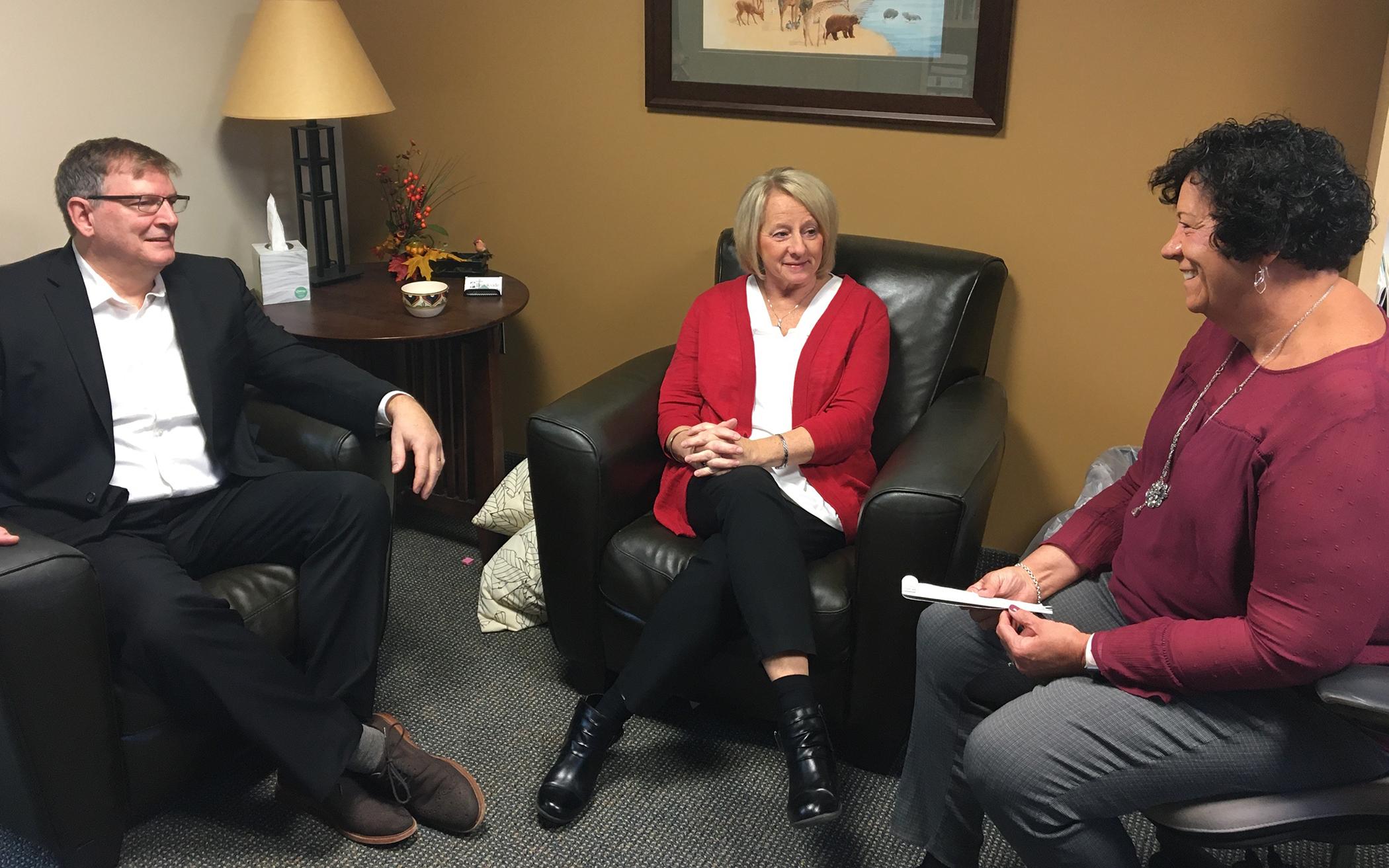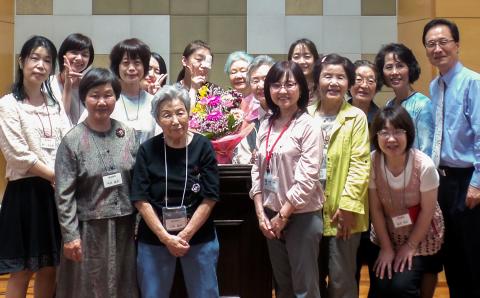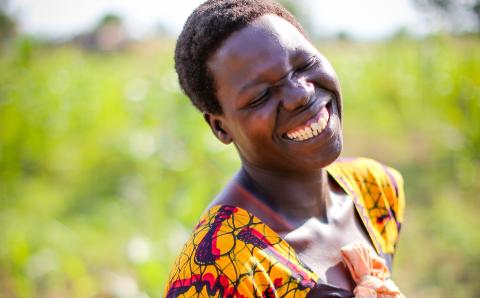Jill Ellens and I both arrived in the parking lot of Brookside Christian Reformed Church in Grand Rapids, Mich., at 7:50 a.m. Ellens is the member and community life coordinator at Brookside. As director of the denomination’s new Leadership Diversity initiative, I was there to talk with her and others about how their congregation shares leadership.
We walked through the front entrance together, and Ellens introduced me to the administrative assistant, Nick Remelts. I also noticed Phyllis Moes, the pastoral care and worship ministry coordinator, working at her desk. We invited them to join us for the conversation.
Brookside has a team of 12 staff members (both full and part time) plus council members and other volunteers who serve the congregation and a neighborhood with racial, gender, age, cultural, and socioeconomic diversity. The staff meet together each weekday morning for a time of devotions, check-in, and prayer. It’s just one way they’ve created structure and space for various leaders to thrive.
Shared leadership is a value that Brookside holds tightly. Even before Rev. Paul DeVries accepted a call to be senior pastor at the church, the former pastor, Rev. Norm Meyer, emphasized the value of sharing leadership in order to maximize everyone’s gifts and truly serve all of the people and groups of their congregation.
DeVries said it takes qualities like self-awareness, self-confidence, and inviting others into decision-making for shared leadership to work. While some leaders might be concerned about giving up the reins for certain decisions, DeVries said, “You do not lose anything. Shared leadership is not a zero-sum game.”
As the Brookside staff pointed out, shared leadership is not always easy. It takes intentionality from everyone. Ellens explained that each leader takes responsibility for developing characteristics such as humility, good communication, respect, and trust. These variables are foundational in “wrestling through issues and supporting different opinions,” she said.
She also added that it is important “to know what we need to help each other be successful.” Working together has to do with people feeling secure and not threatened.
Moes agreed. She said sharing leadership is crucial in her role of providing pastoral care. While she considers it a gift to come alongside people in a pastoral care role, she acknowledged that she must discern when it might be necessary to ask DeVries to join her for a visit and at what point to involve him. They rely on each other.
DeVries said senior leaders have a special role to play in fostering an environment that allows for shared leadership. While the pastor can be the visionary of a congregation, DeVries said, he or she must also allow space for creativity and empower others to share their gifts and leadership as well.
“Good leaders influence and make good leaders,” he said, adding that getting to know people well is key to helping to understand people’s strengths and weaknesses. After that, it involves inviting people into leadership roles and encouraging them to take risks.
The lessons I learned from Brookside will be valuable to me as I work to support, encourage, and develop the leadership gifts in people who are underrepresented in the CRCNA. What the Brookside staff are demonstrating is that your ethnic background, age, and gender do not matter. Everyone has the potential to shine as God opens a door to shared leadership—not doing it alone, but serving together for God’s glory!
About the Author
Denise L. Posie, M.Div., has served in the ministry of discipleship in redemptive kingdom diversity at Calvin Theological Seminary since 2020. Her upcoming memoir is Called to Remember: Soul Care Through Spiritual Encounters.








